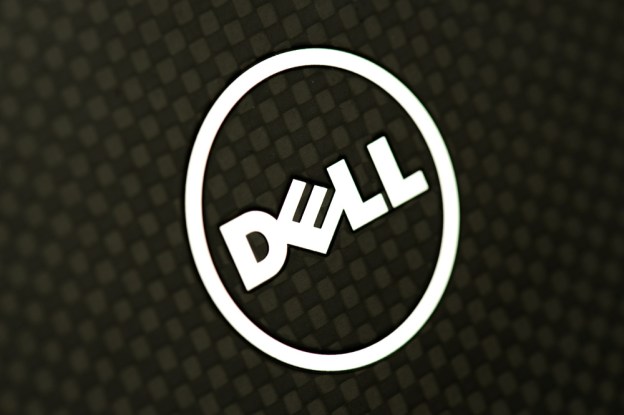
How the mighty have fallen. Dell, the third-largest PC maker in the world, is allegedly in buyout talks with at least two private-equity firms in an effort to go private, according to sources with Bloomberg. The news comes as a reminder that the once-unassailable PC business is dying, succeeded by increasingly popular smartphones and tablet devices.
Ironically, Dell’s shares surged fifteen percent thanks to the rumors, and currently sit at around $12.28 a share.
The news comes as little surprise to industry observers, as Dell has struggled in recent years to keep up with computing trends. The 28-year-old company lost a third of its value last year, losing ground to the likes of Lenovo in the already waning PC market. More recently, Dell opted to leave the smartphone business entirely, unable to sufficiently invest in hardware and software ecosystems like its more deep-pocketed rivals: Apple and Amazon.
Buyouts of this size are rare in the industry. According to Bloomberg, Dell has contacted several banks in order to finance a deal. The talks are still private at this point and may still fall through if financing isn’t found. However, Michael Dell’s ownership of 15.7 percent of Dell’s shares promise to make the process easier. With a market value of $18.9 billion since its last valuation on January 11, a successful acquisition would rival HP’s purchase of Compaq for a cool $19 billion back in 2002.
It’s a stunning turnaround for a company that once mocked Apple during the latter’s own dark days. Michael Dell once told a group of IT professionals at 1997’s Gartner Symposium that Apple should shut down and gives its money back to the shareholders. Now that the shoe is on the other foot, it’s unclear what direction Dell will take if it goes private.


